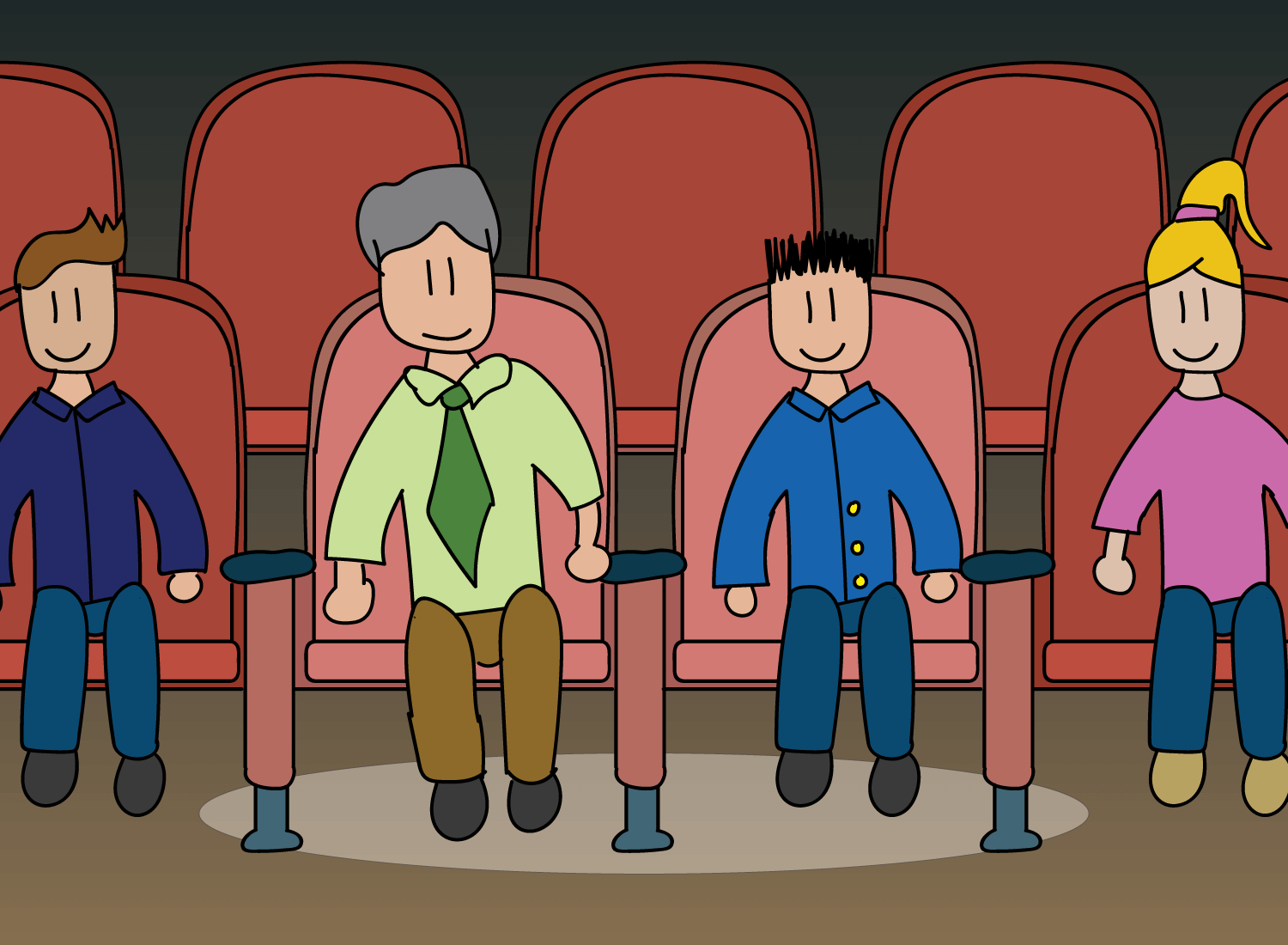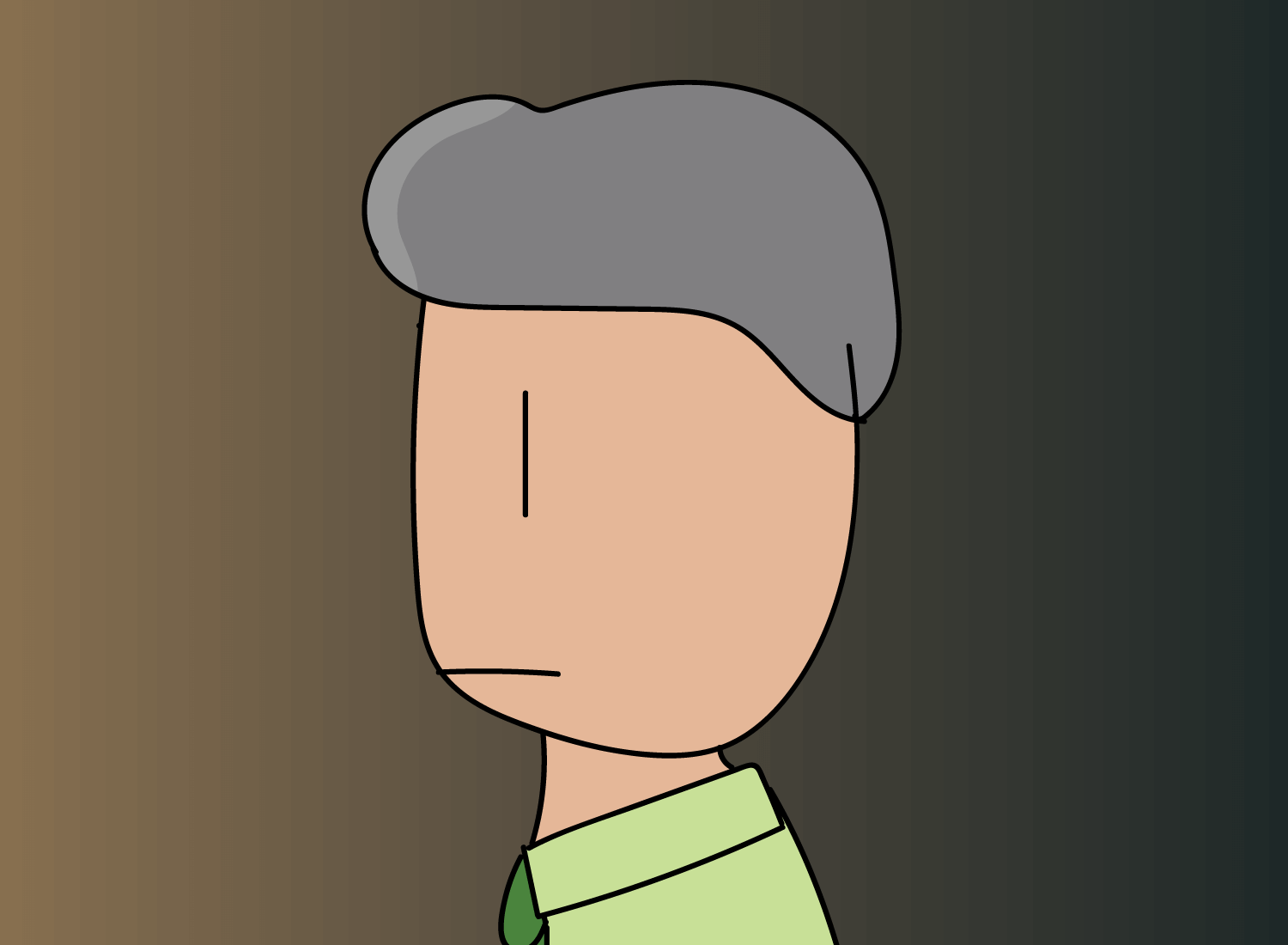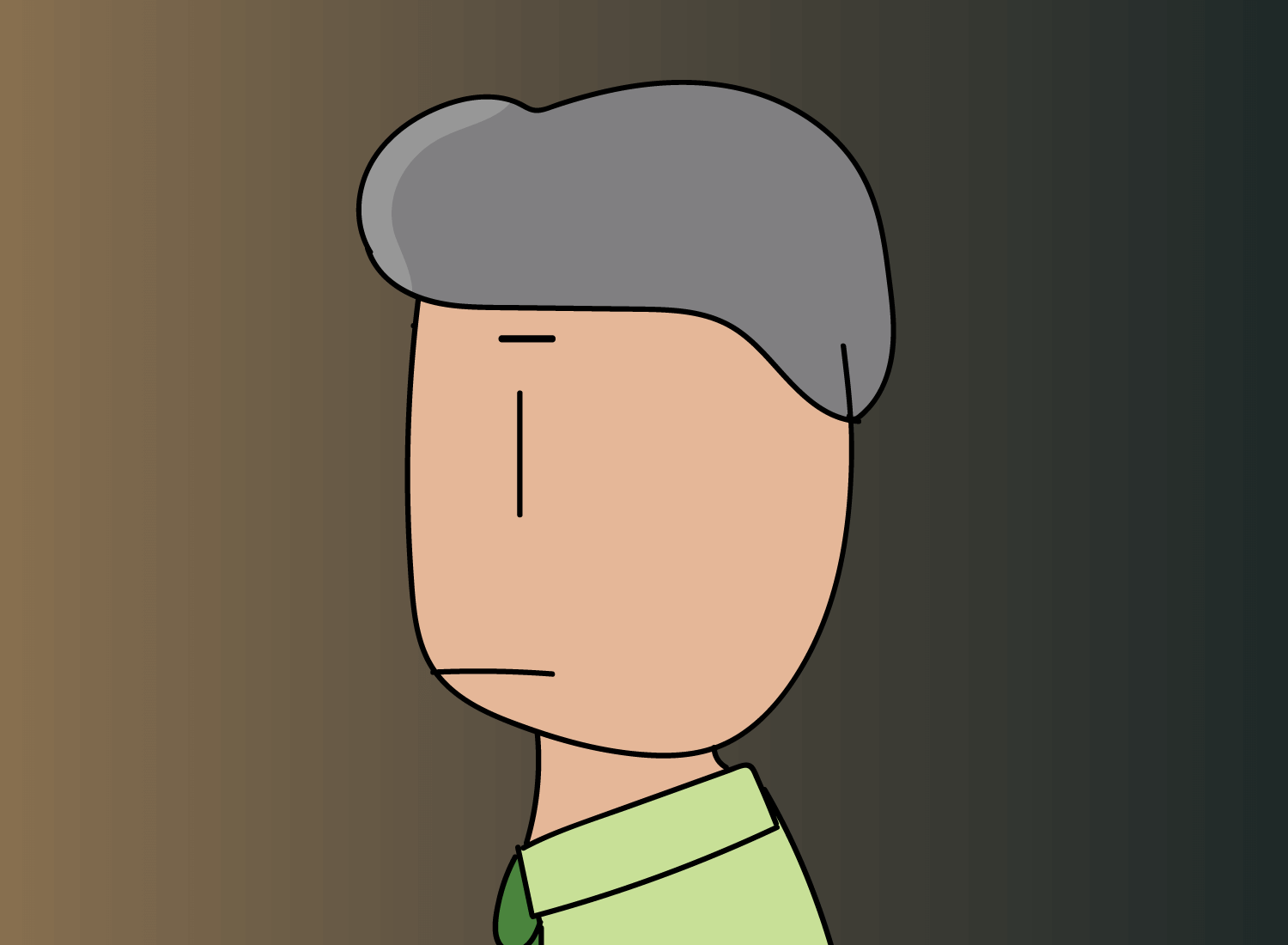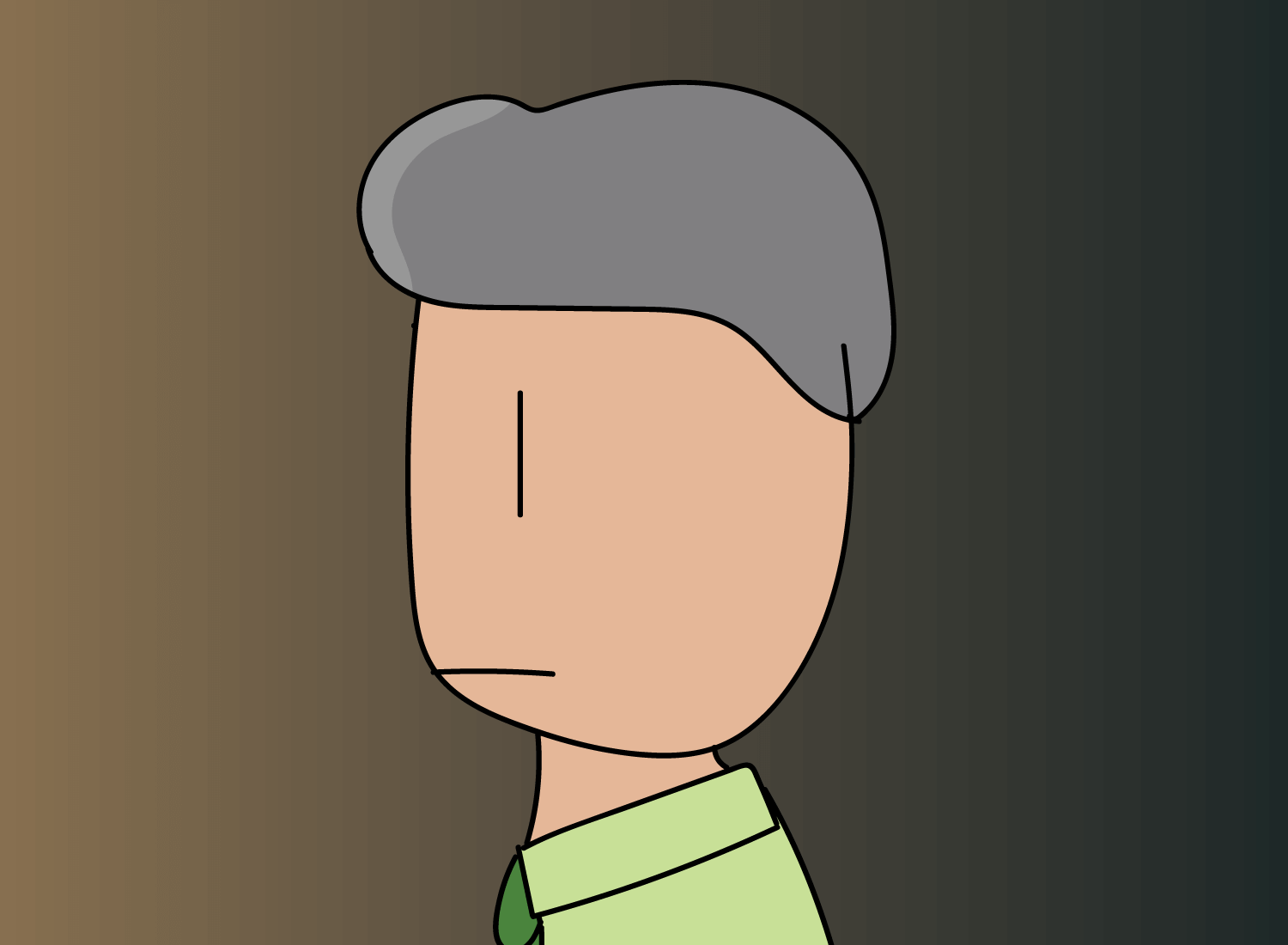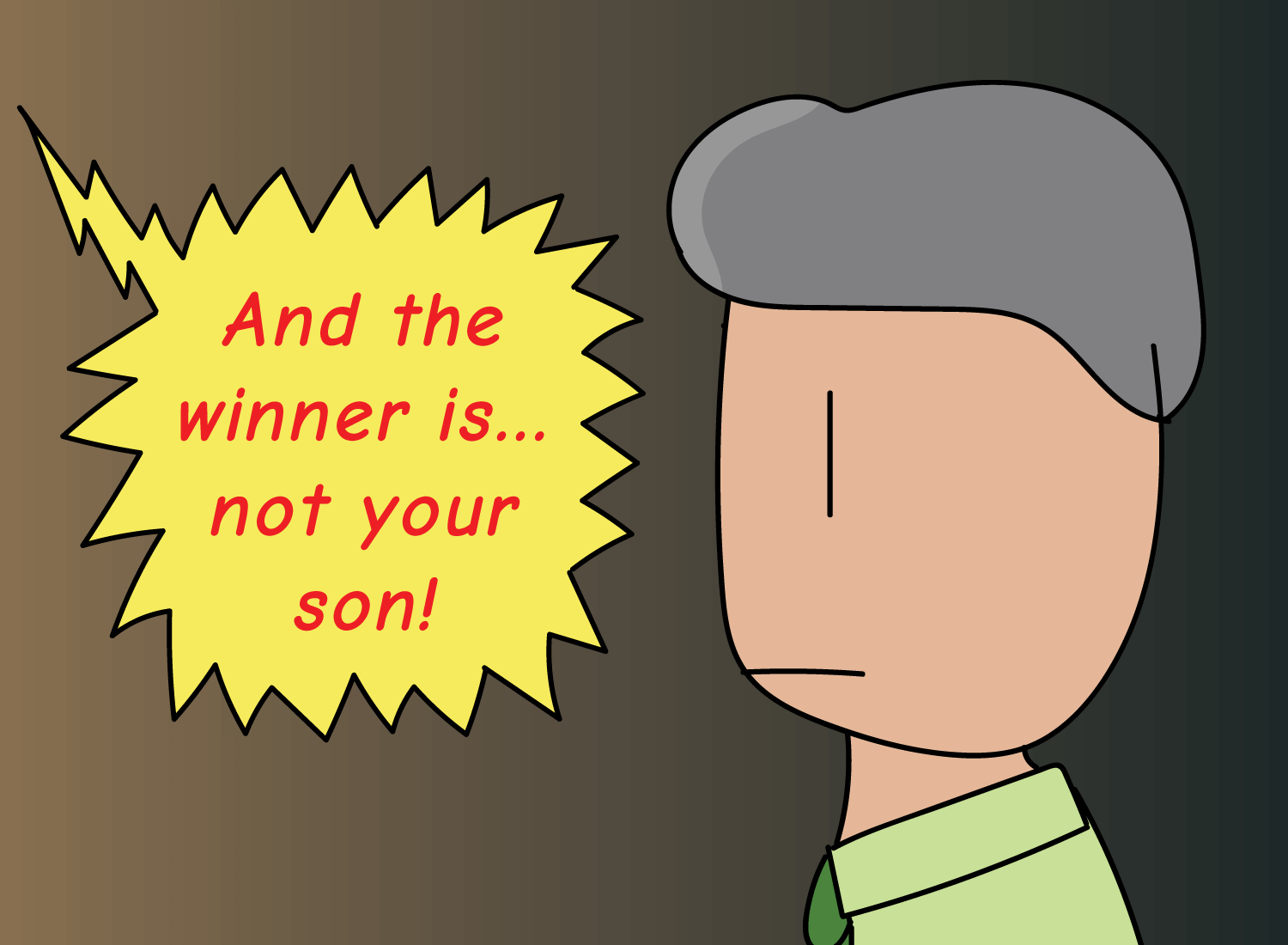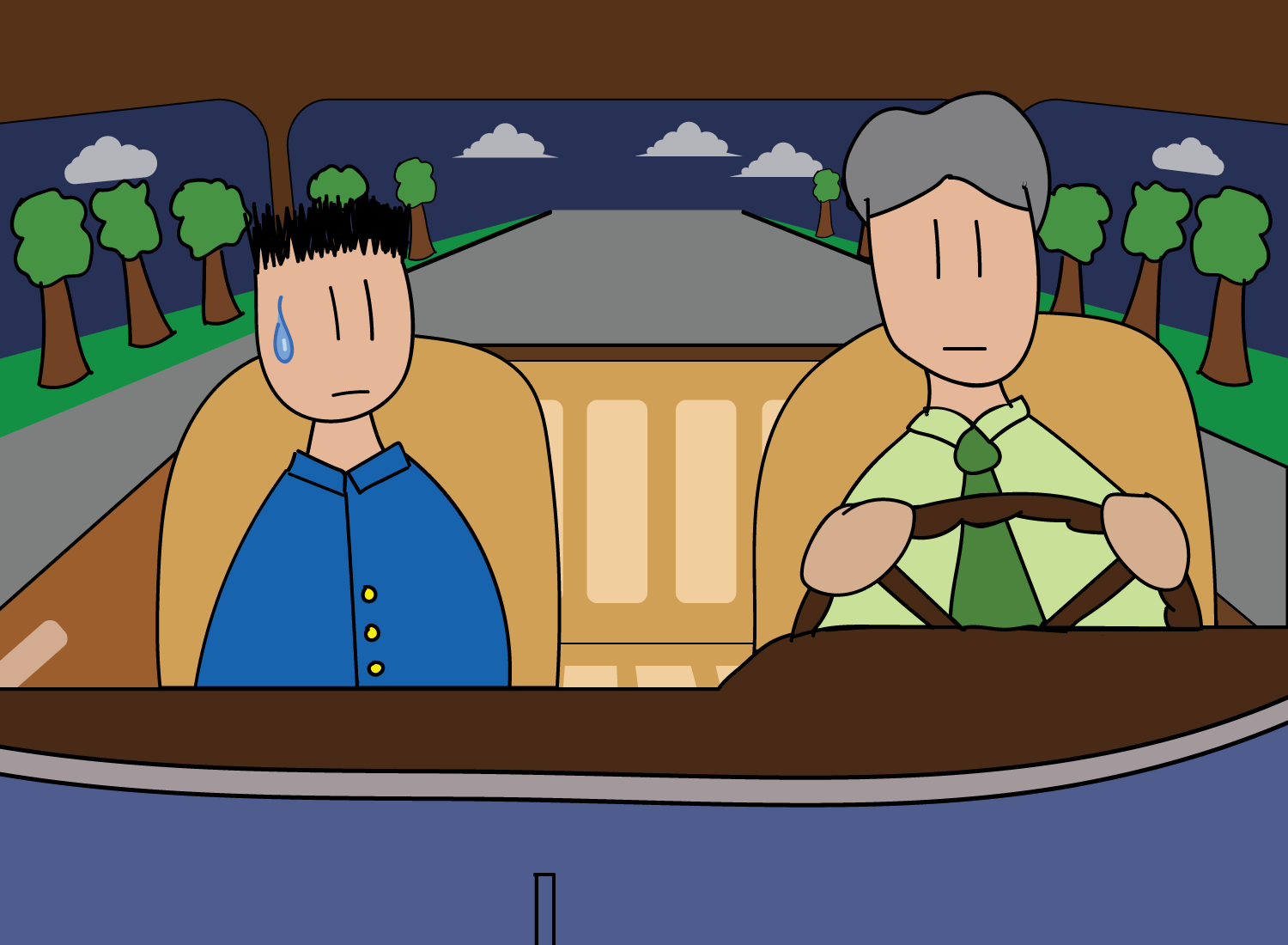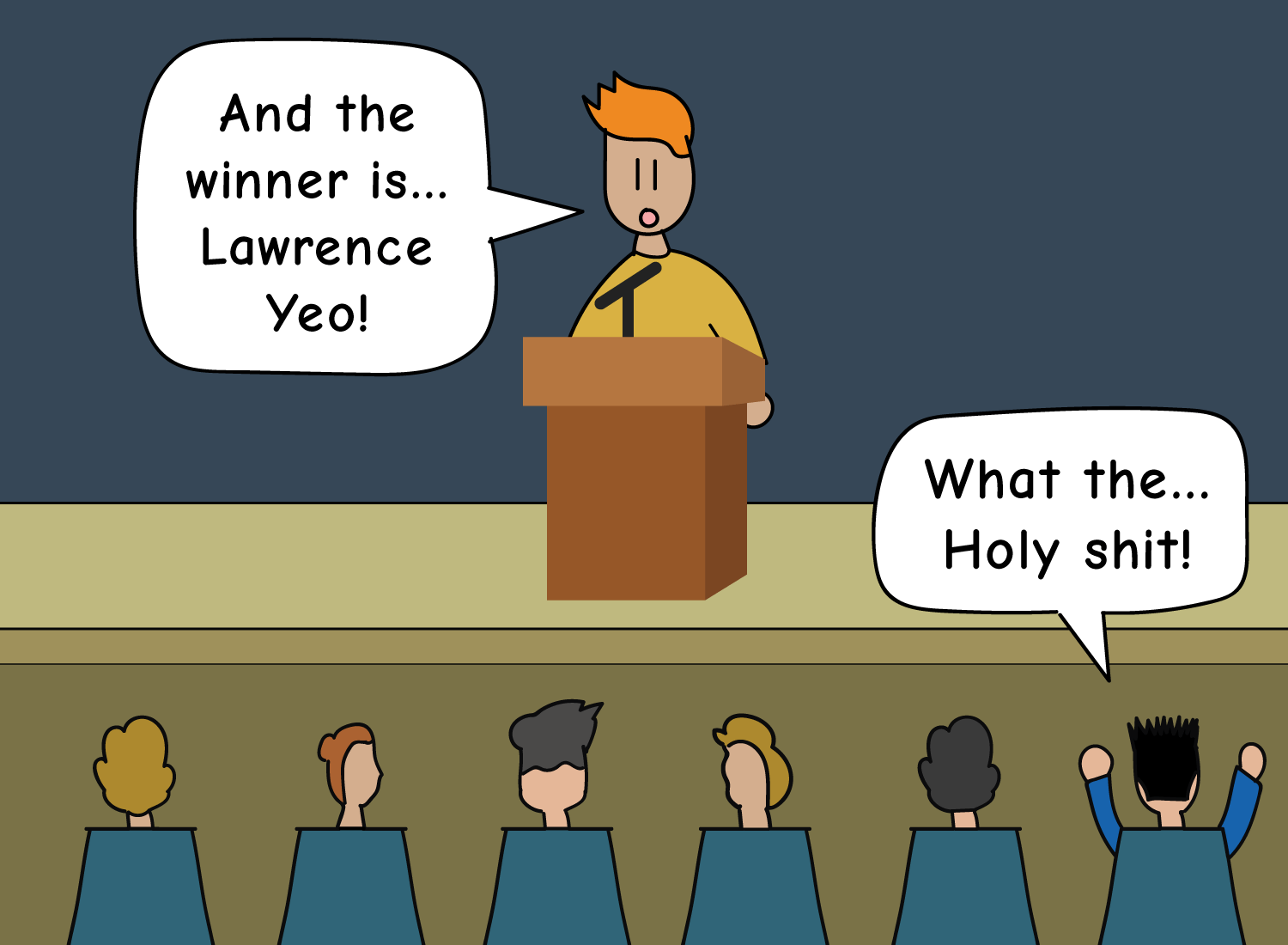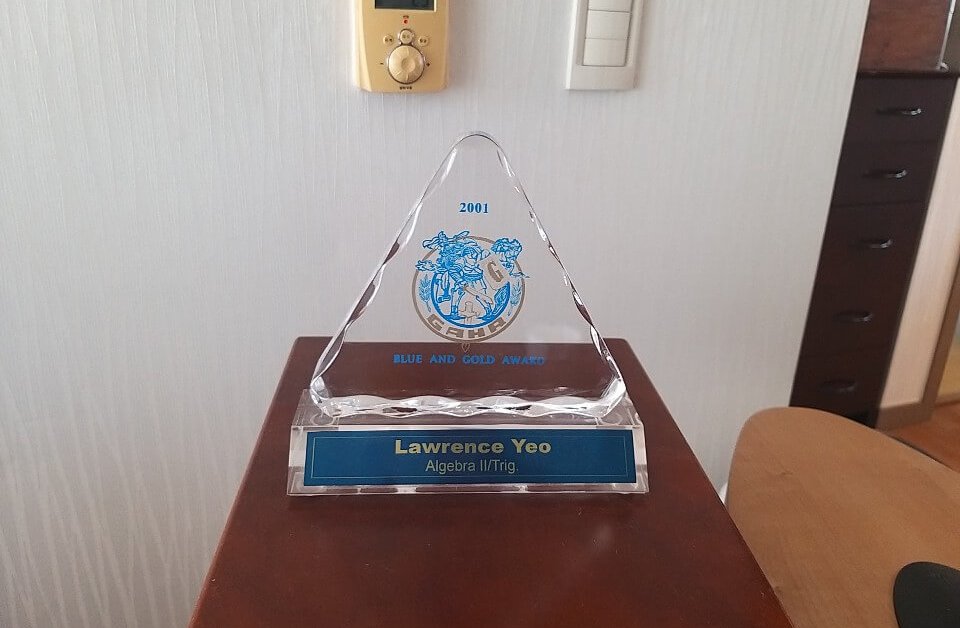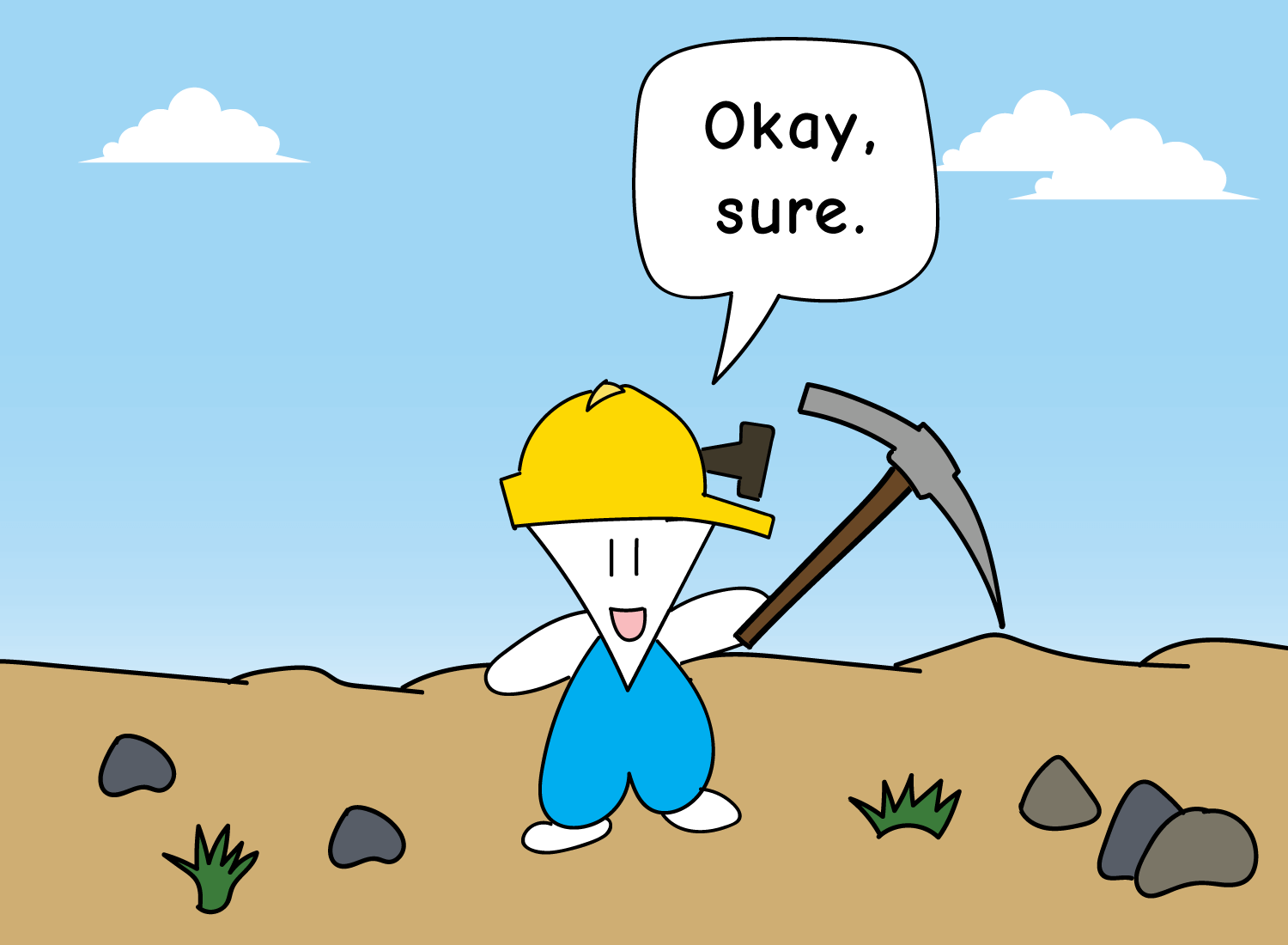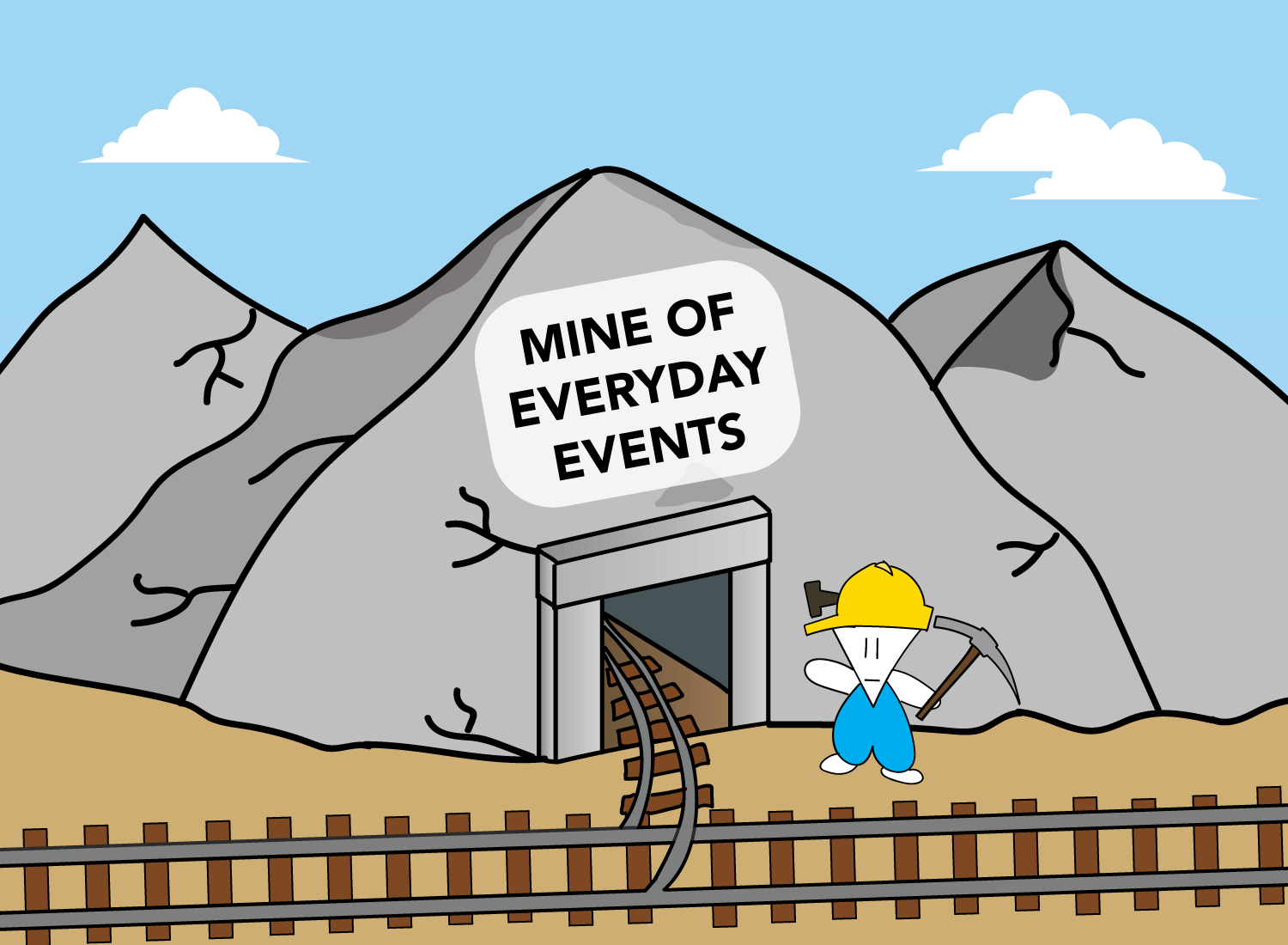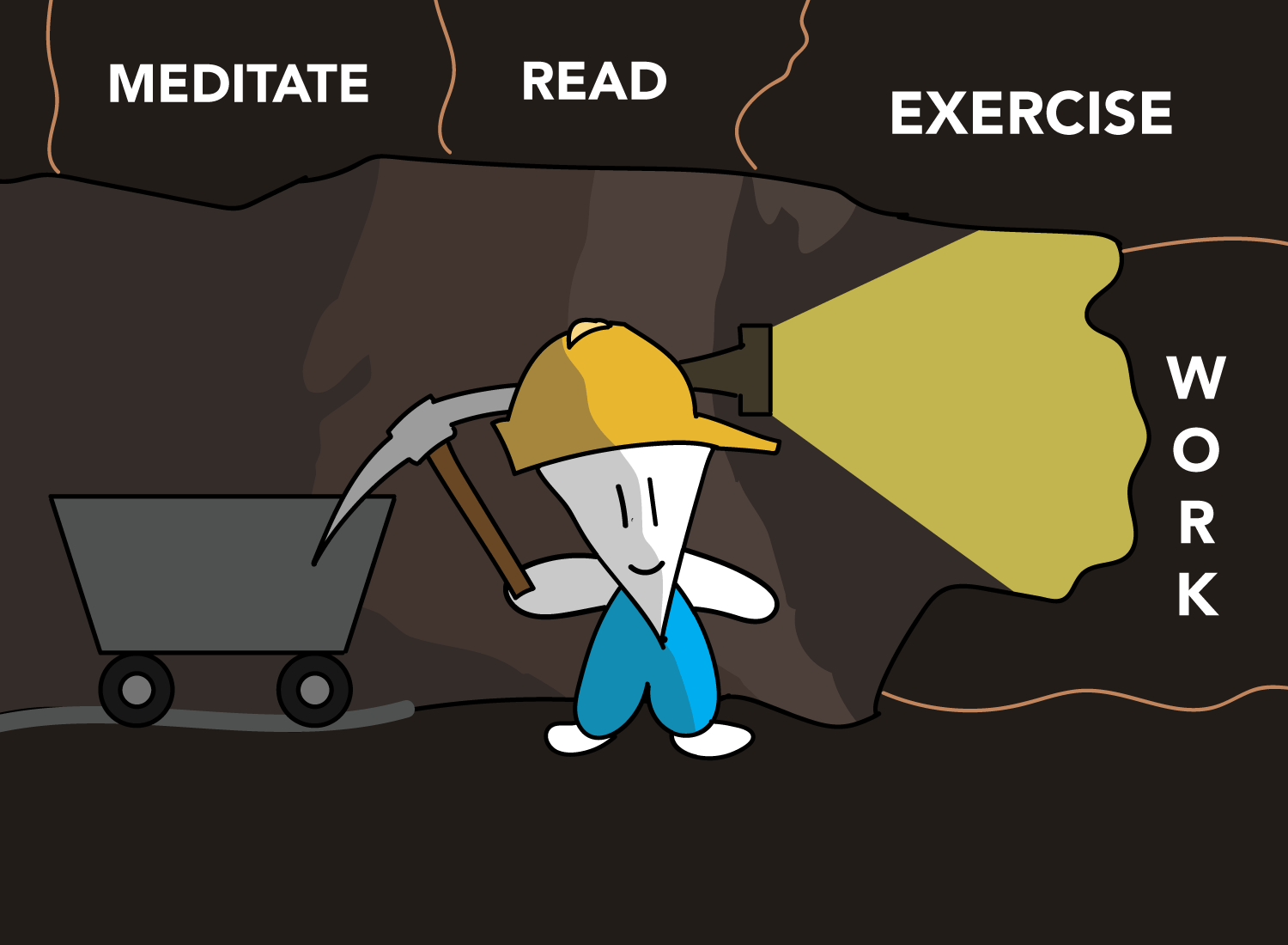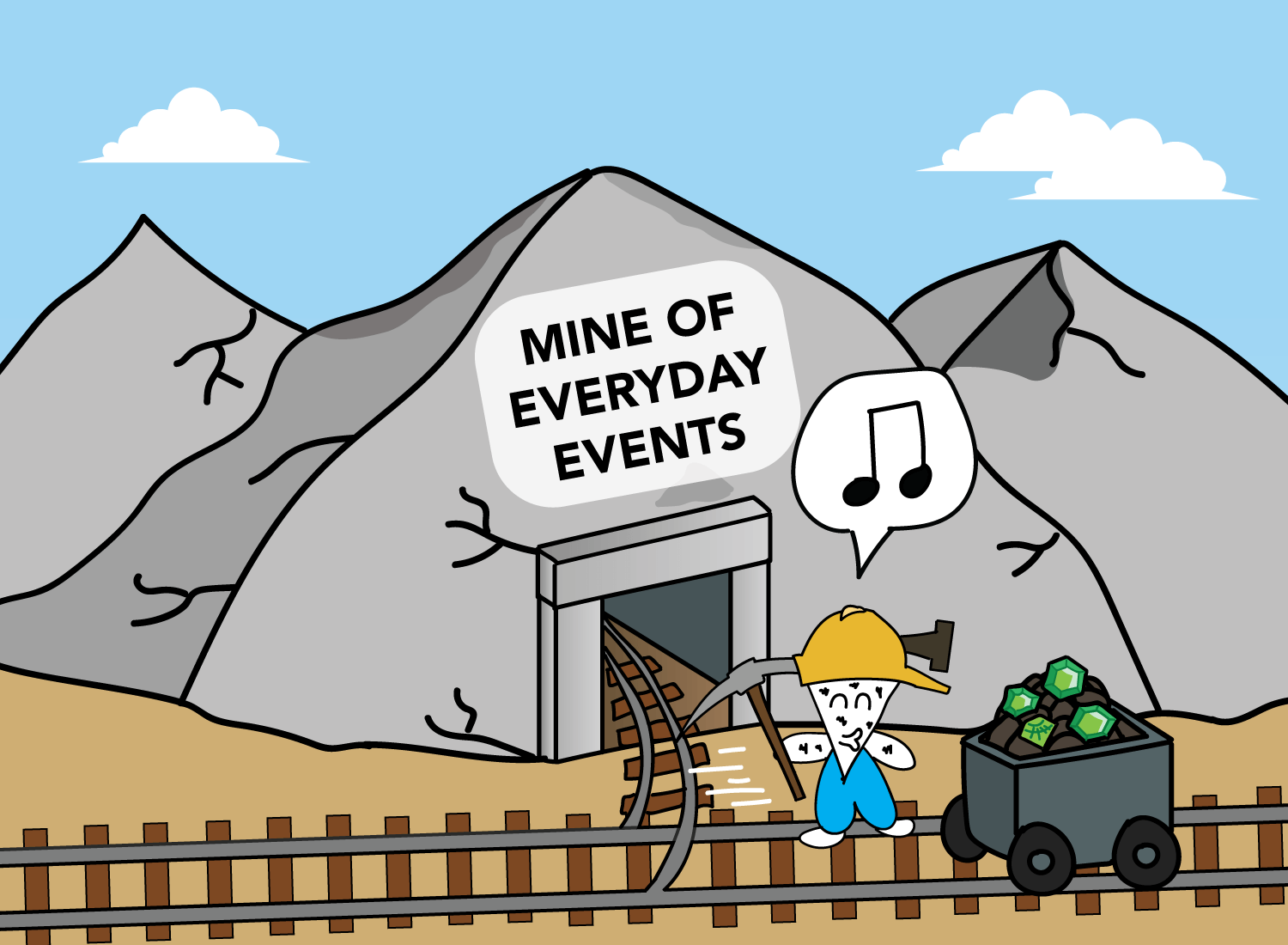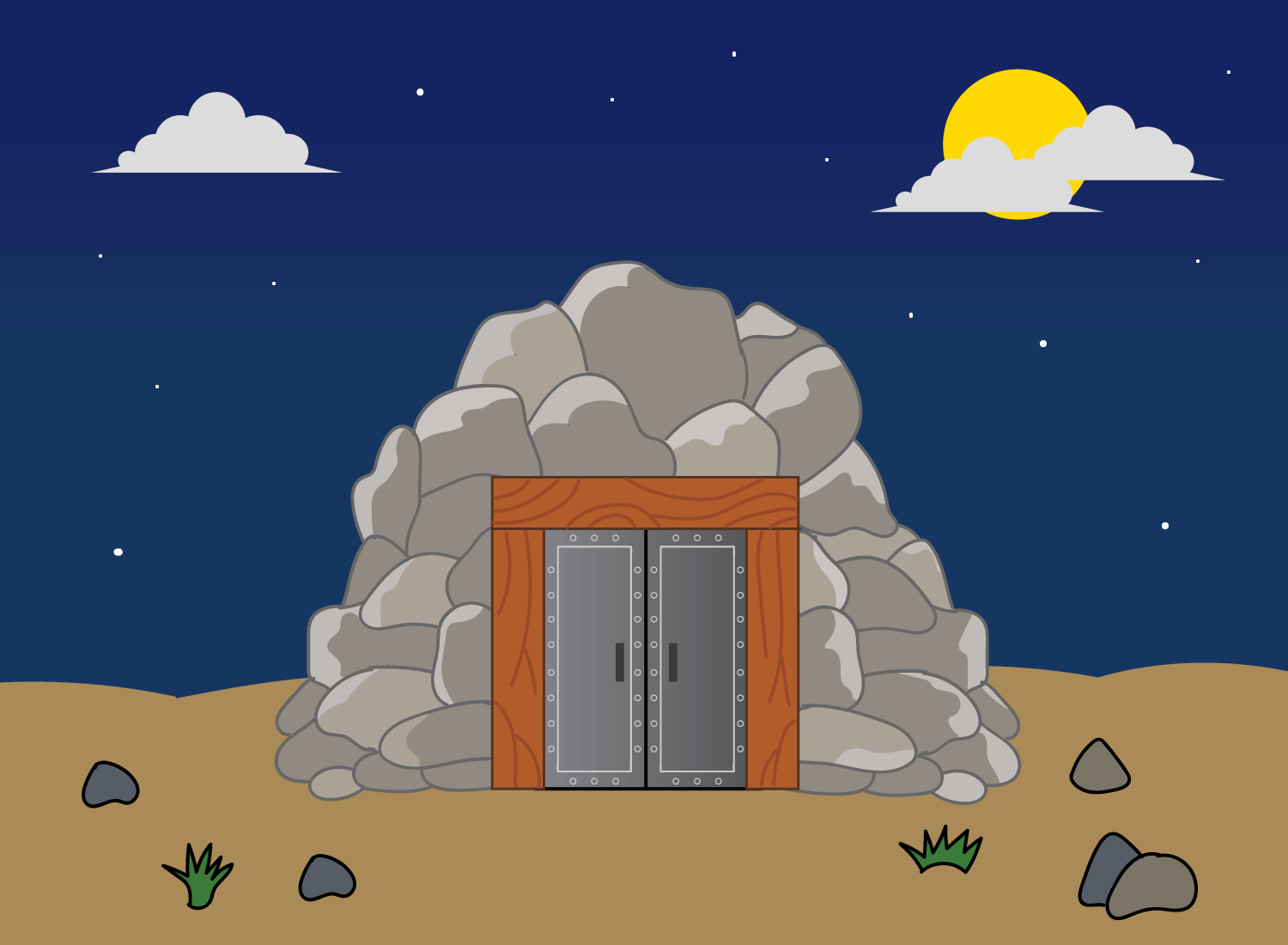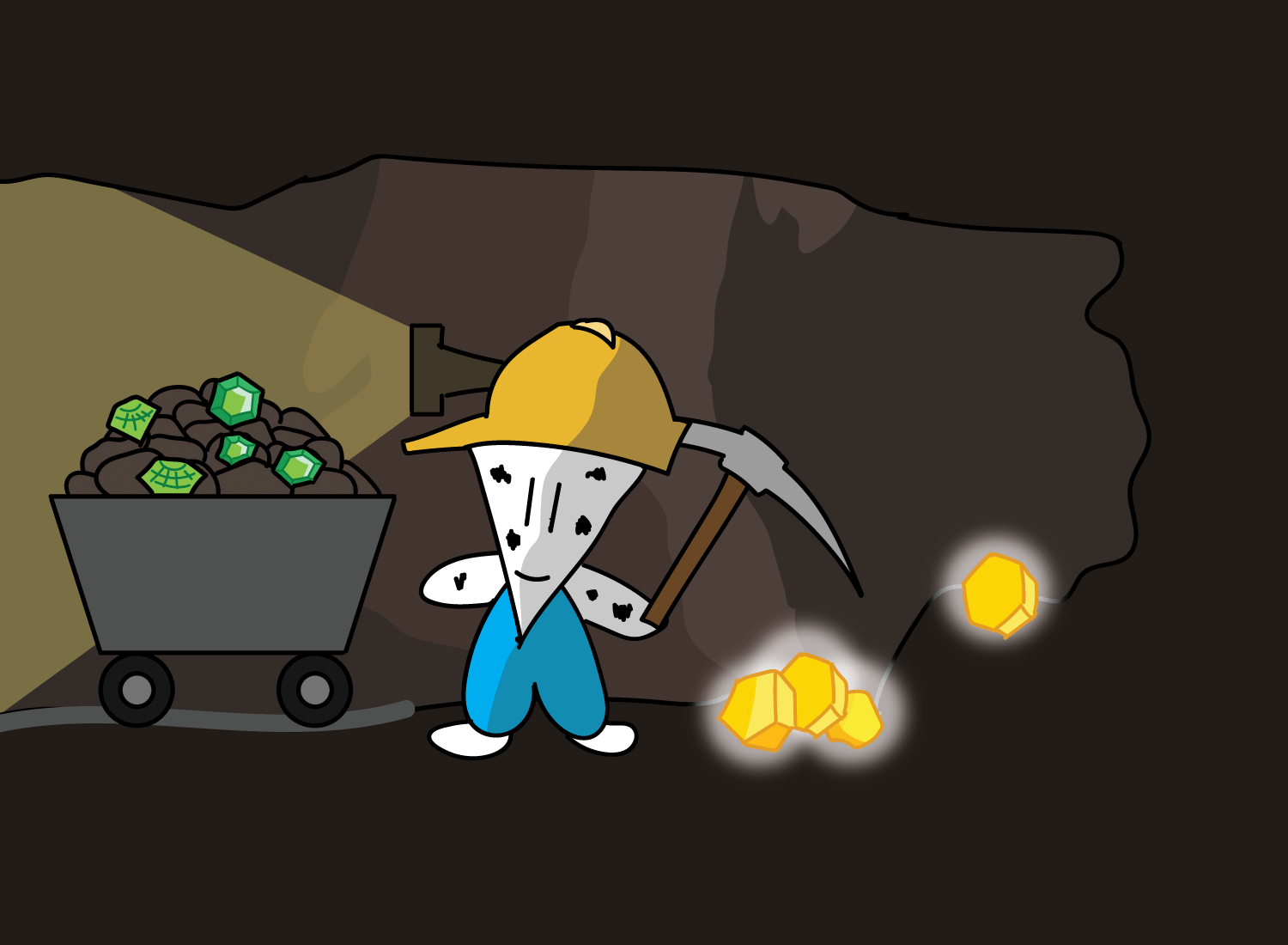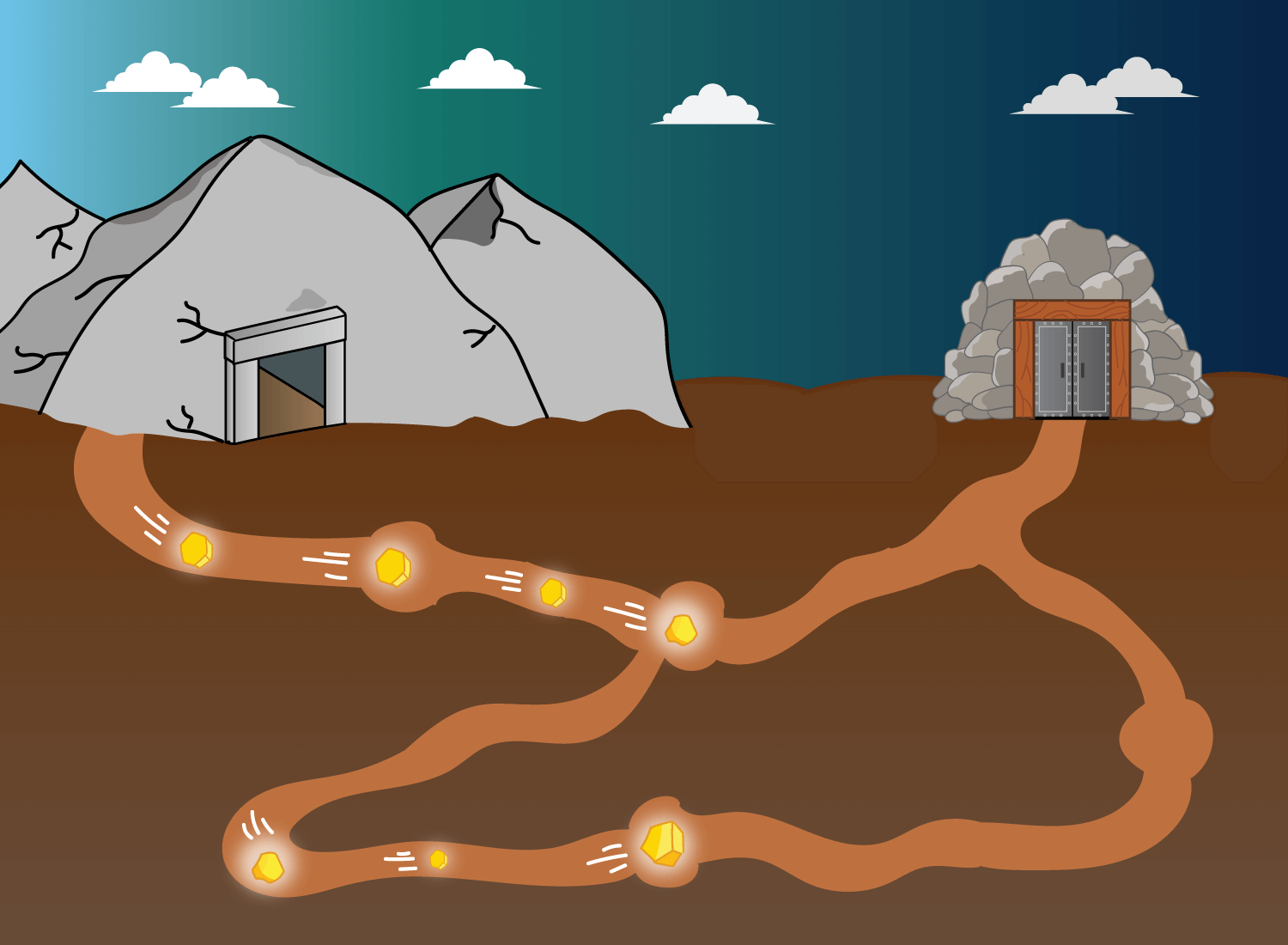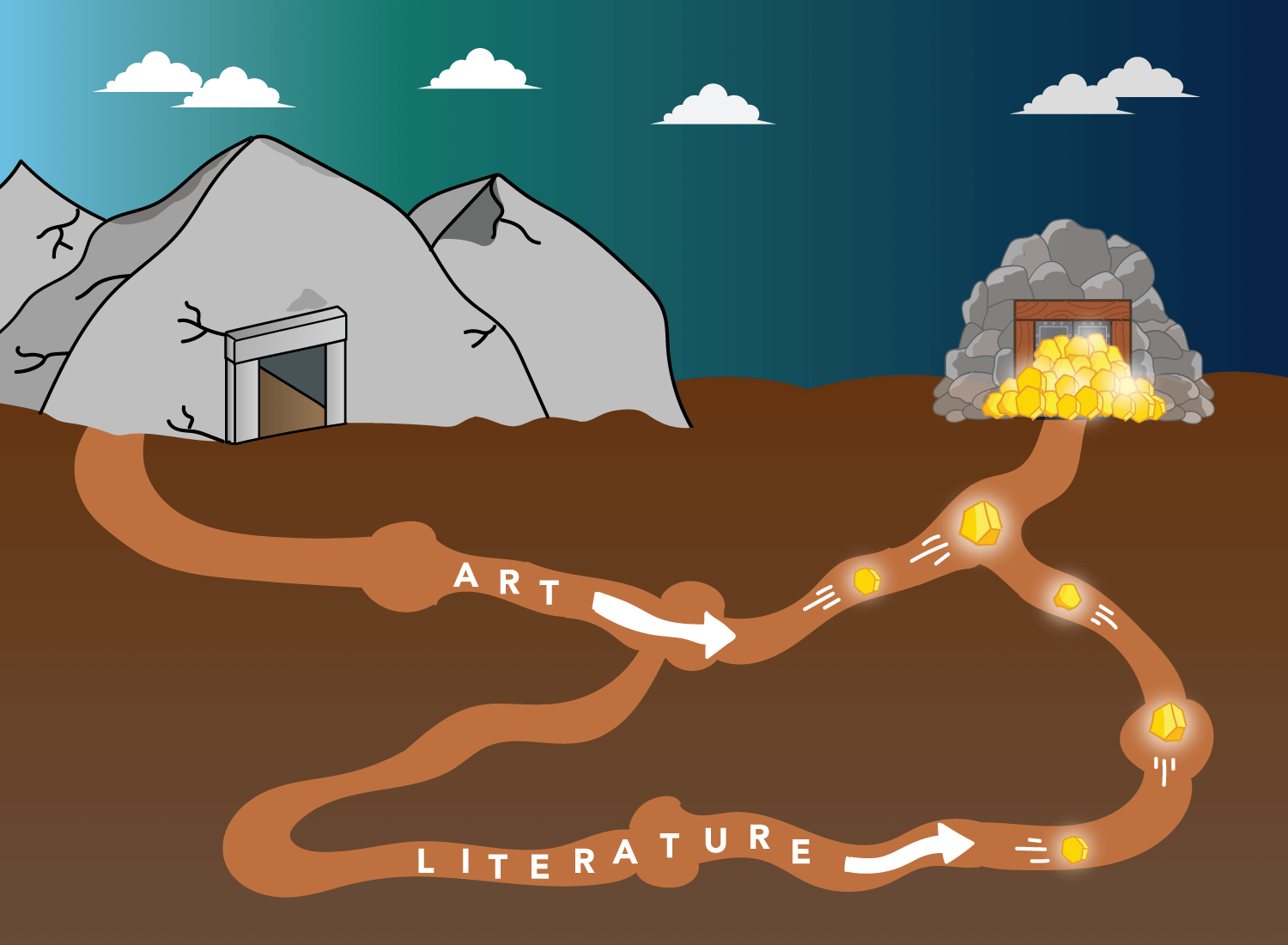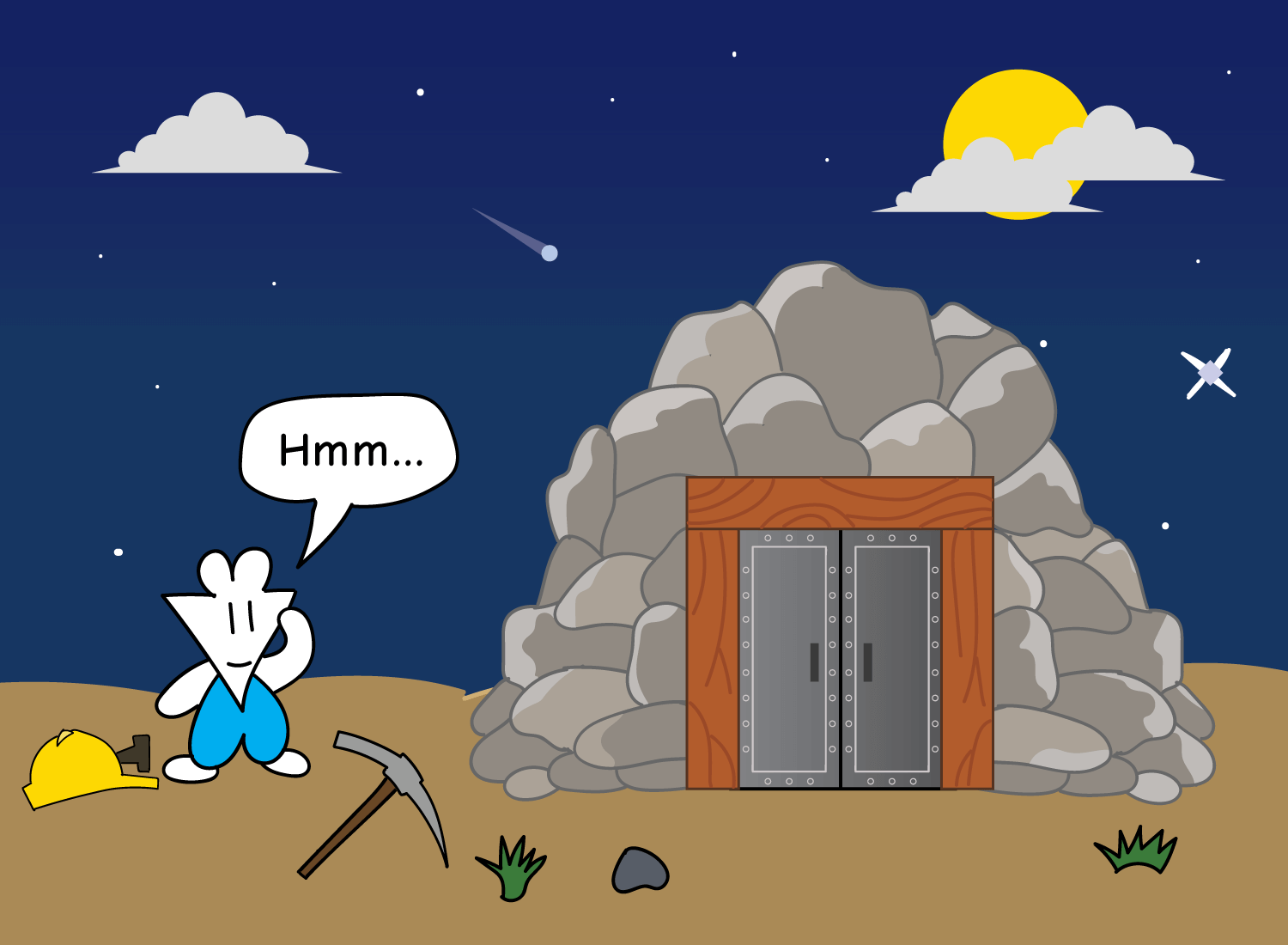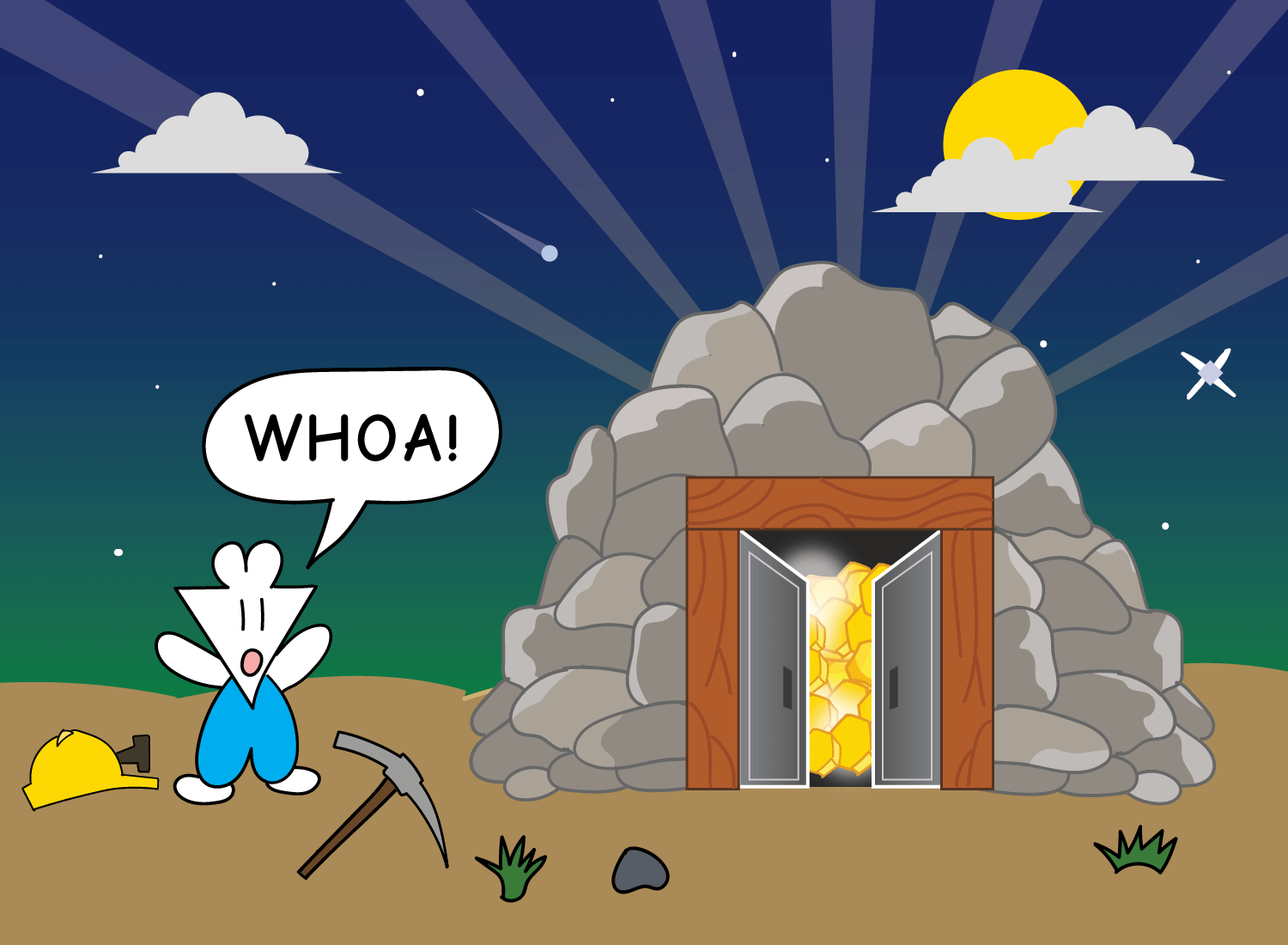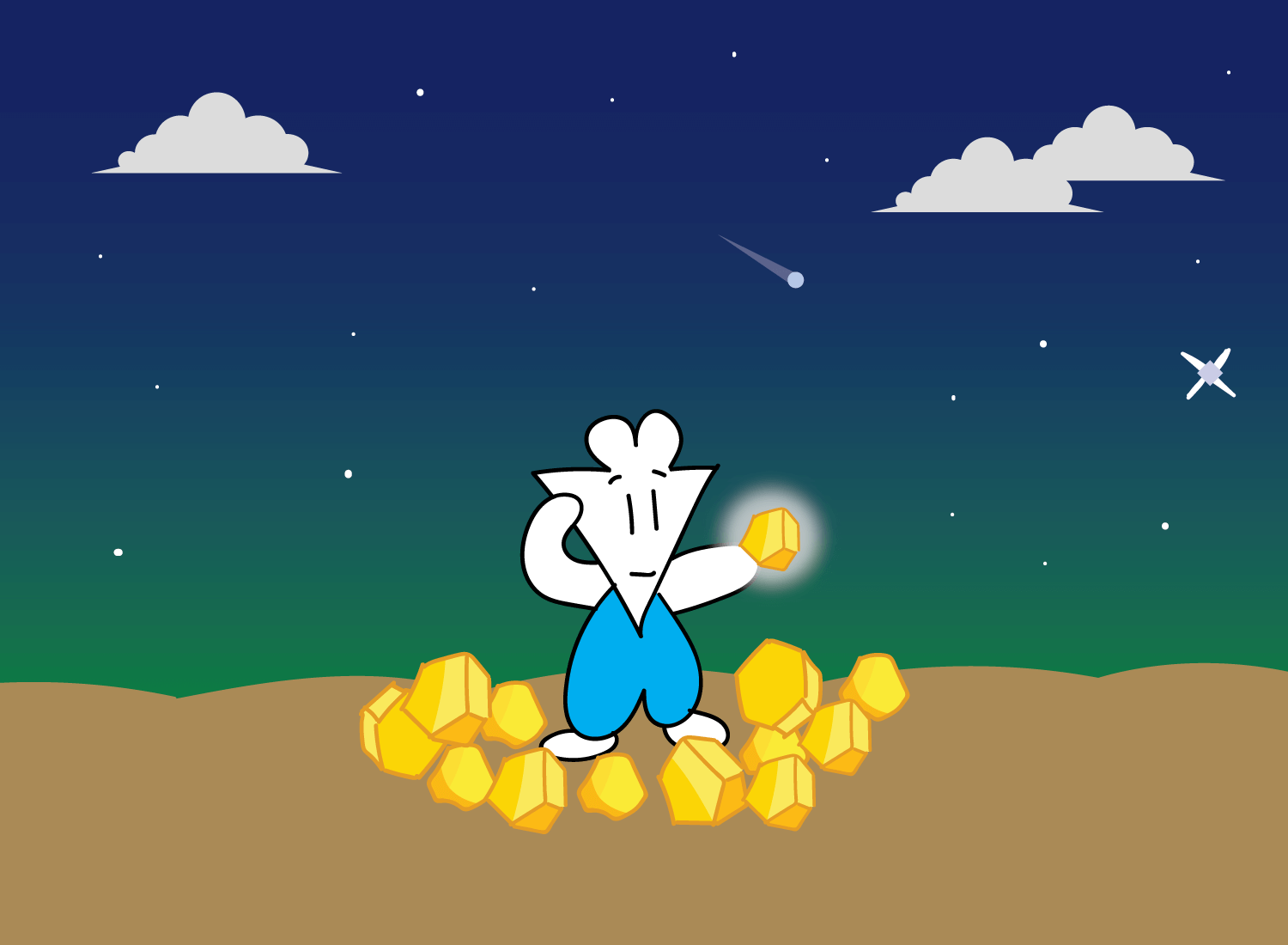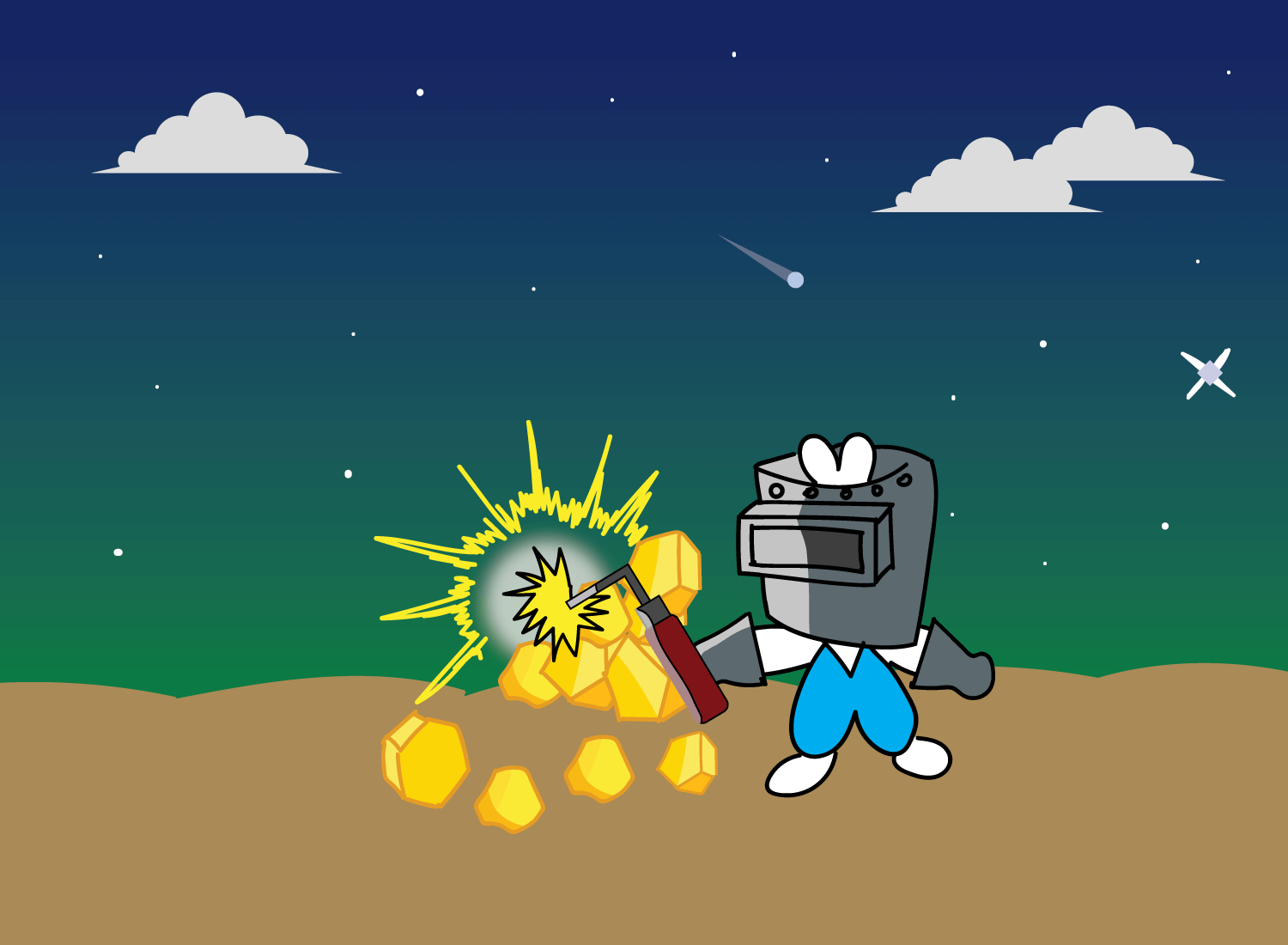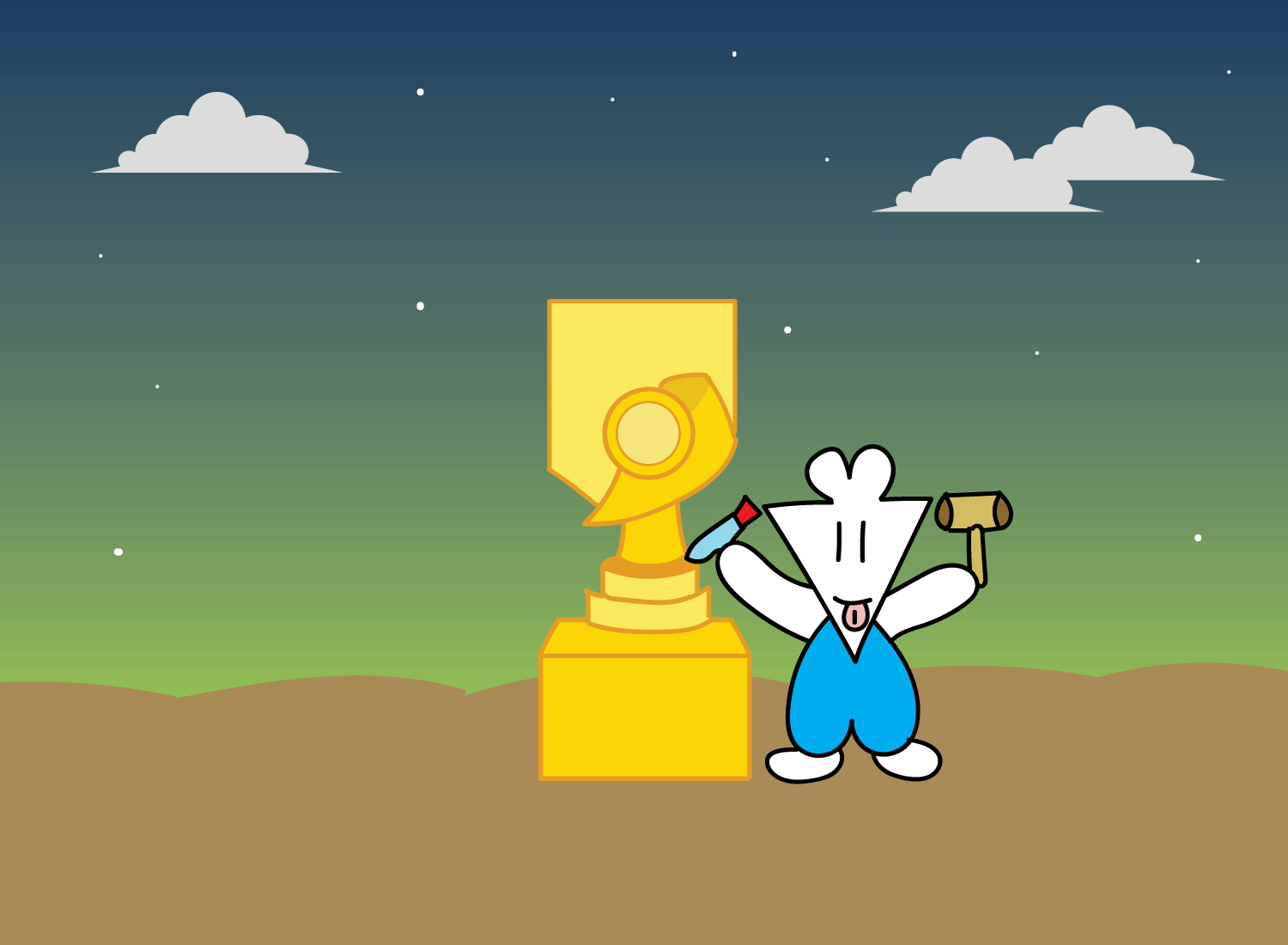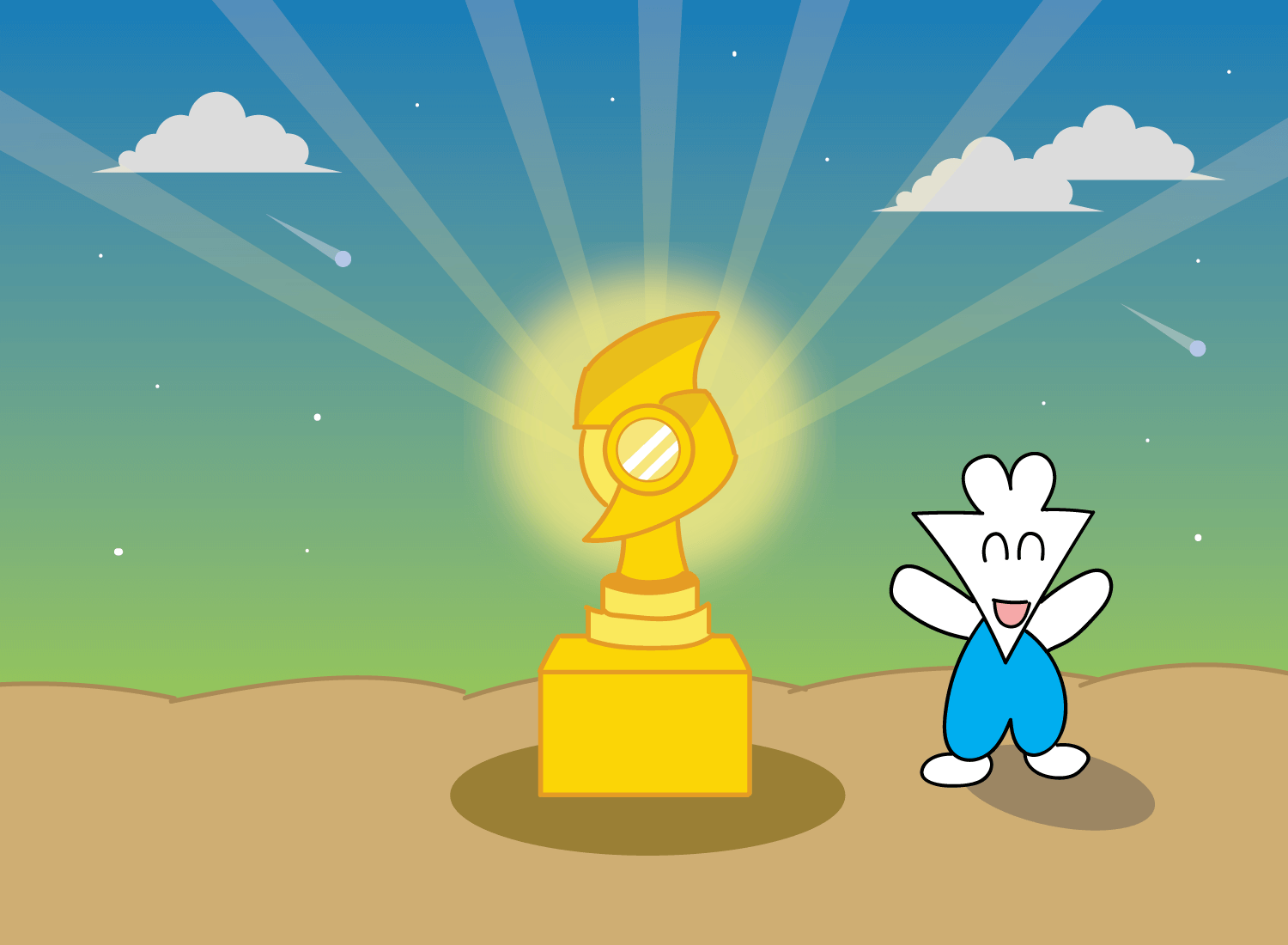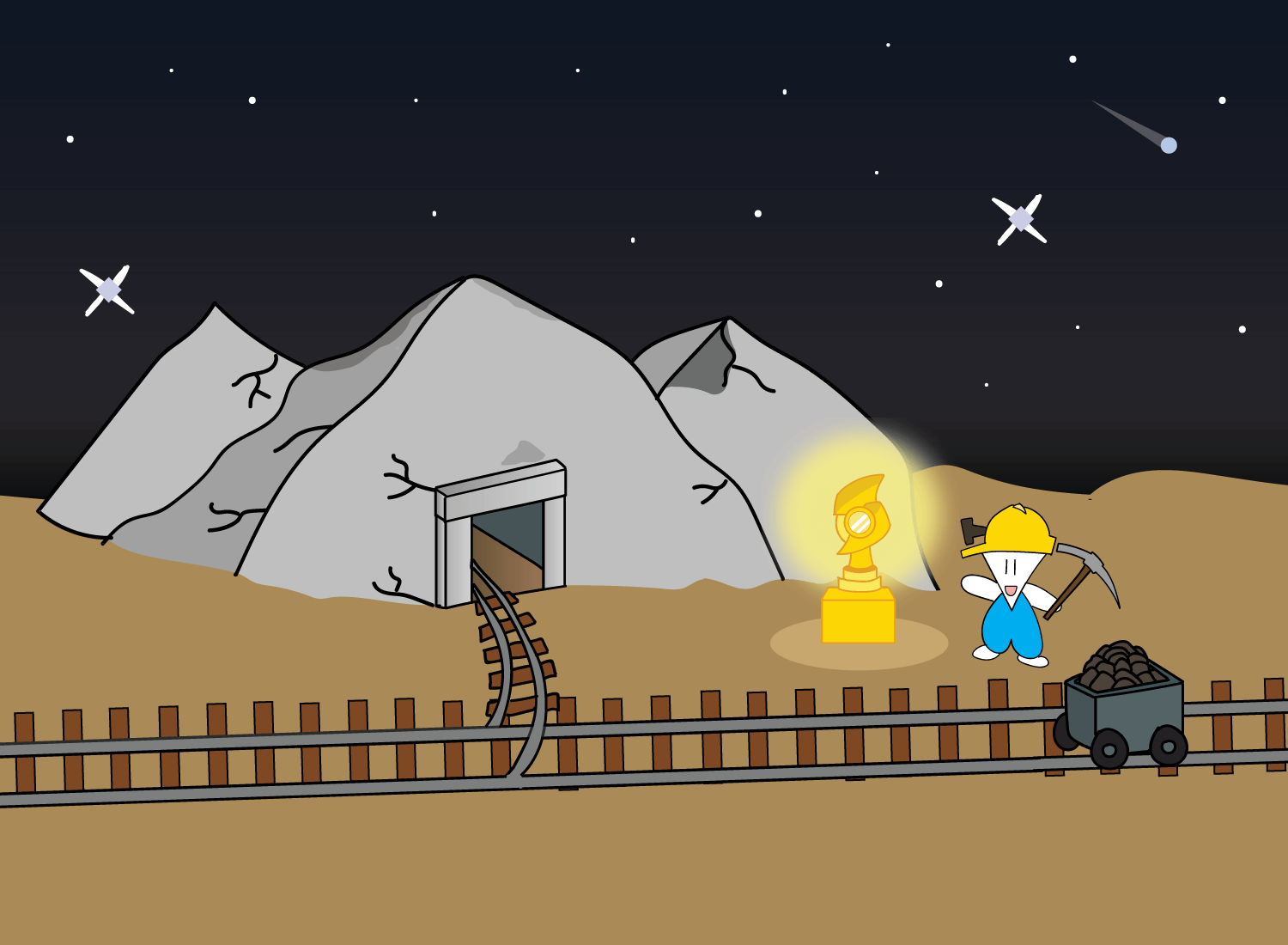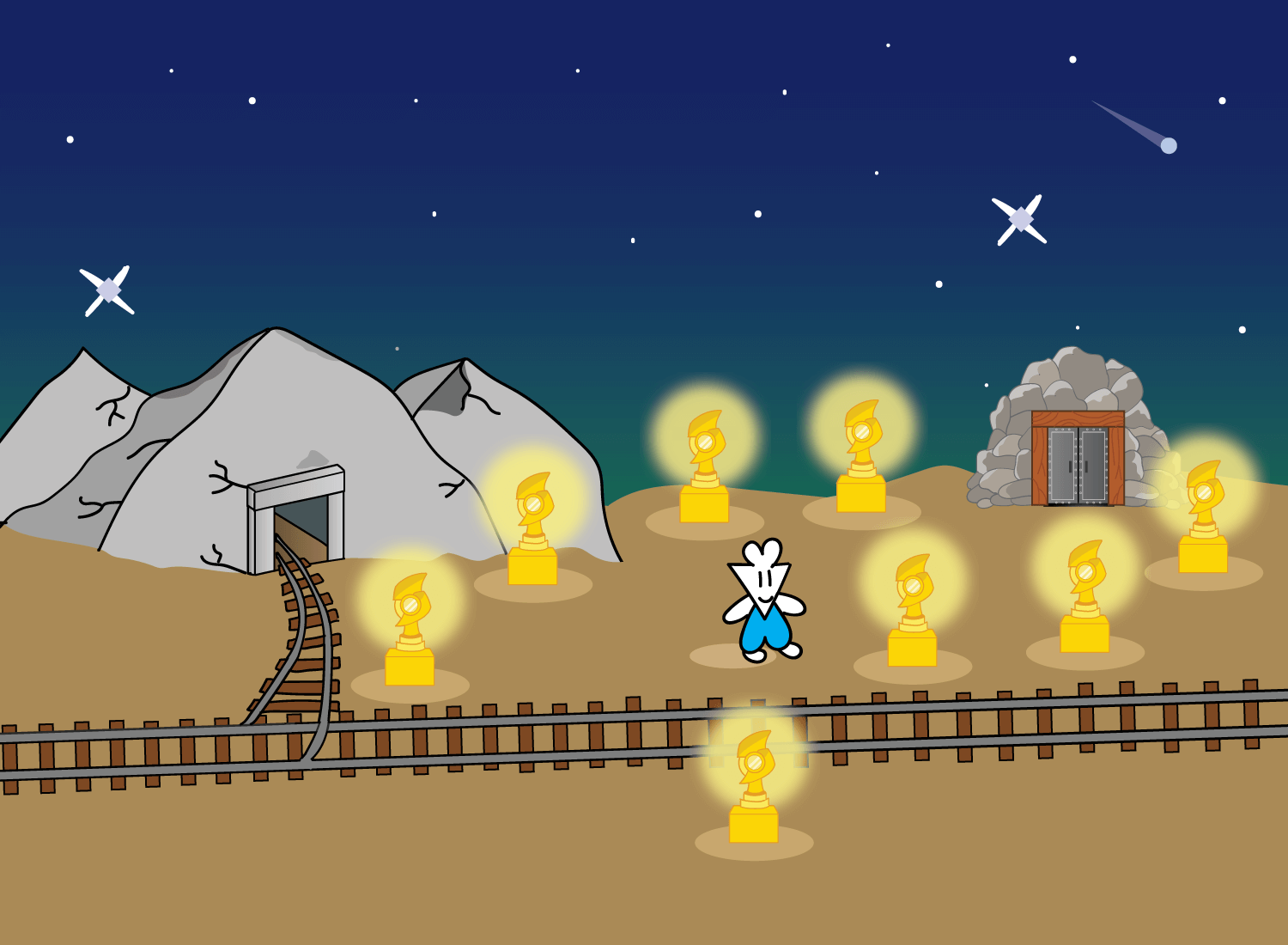Write for Yourself, and Wisdom Will Follow
When I was in the eighth grade, I was invited to an awards ceremony that was like the Oscars for our junior high school. Each subject matter would have a few nominees that would be vying for one award, and I was nominated for three of these categories.
I had never won any type of trophy in my life, so I was excited to tell my dad that there was a good chance I could finally win something that wasn’t made of paper. Needless to say, I hyped up this ceremony quite a bit, so my father proudly agreed to accompany me that evening.
The school auditorium was bustling with pimply-faced teenagers in ill-fitting dress shirts, and nervous energy bubbled around all the attending families. My dad and I found some seats in the middle of it all, with a clear view of the stage that I was sure I’d be standing on later that night. After all, I was nominated in three categories, so I was bound to win something, right?
About half an hour into the ceremony, the first category I was nominated in was announced, and the award went to…
Someone else.
I recall glancing over at my dad briefly to get an idea of his emotional situation.
He seemed stoic, which was a good sign. He was probably holding out on some hope, just like I was, but was containing it within the bounds of his expressionless face.
The next category I was nominated in came up shortly after, and the award went to…
You got it.
Not this guy’s son.
A slight eye twitch was all I got from that news. It was probably the physical onset of an inevitable disappointment that was quickly dawning upon him.
It wasn’t long until the third category was announced, and you guessed it… the winner’s name wasn’t the one my dad gave me.
I briefly shifted my eyeballs over to his face again.
I recall looking at the time and seeing that there was still a whole hour left to go in this fucking ceremony. Many more teachers had awards to hand out, and despite knowing that my chances were over, my dad continued to sit still and watch the rest of it.
The whole time, his face was the same.
After the ceremony mercifully ended, my dad got up and we silently walked over to the car. Thinking that the hell was over, I gleefully asked him if we were going to Dairy Queen for some ice cream.
It was as if that question never entered his ear canals. It just bonked off the side of his head and floated into the heavens, never to be heard by any creature in the cosmos.
We drove straight home, and that was how the evening concluded.
An extended period of silent treatment ensued, and after a while, I started getting annoyed that he was disappointed to this degree. Who cares if I didn’t win a stupid trophy? It’s just a physical thing that you can buy at any store, so what’s the big deal? People get trophies all the time for all kinds of silly things anyway.
Eventually he got over it, and cheery ol’ dad returned. But those questions still confused me, and it was only years later where I understood why getting this physical award was so important for my parents.
Fast forward to my sophomore year of high school, and I was invited to yet another awards ceremony. But this time, to make a short story even shorter, I actually won.
If there’s anything I remember from that night, it wasn’t my own happiness, but my mom’s. She held no reservations about using up her film that evening1, taking many pictures of me holding that silly award in different ways throughout the night. She was so proud of the fact that I would be taking my one-and-only, oddly-shaped trophy back home with me.
When she got back home, she excitedly called my dad (who was in Korea) about the news. Needless to say, he was really happy as well.
In retrospect, it makes sense why this physical award meant so much to them. It wasn’t about an accumulation of a material good, or the desire to boast to their friends about how well their children were doing.
It was more so a tangible manifestation of relief – an affirmation amongst themselves that everything was going to be okay with their son. As immigrant parents, their marriage was defined by the nature of sacrifice, to work tirelessly to make the move worth it, and to overcome the battles that come with living in a foreign country together.
This trophy was the initial signs of their journey starting to pay off. The plant that was being watered by their happy and sad tears was finally sprouting, and they had a small yet poignant reminder of the things their children were able to accomplish.
To this day, that trophy means something special to them. If you walk into my parents’ place, you will see this plastic thing displayed prominently on top of my dad’s set of cherished speakers, reminding my household of how well I did in Algebra II class back in 2001:
It’s the only trophy I’ve ever won, and to them, probably the only one I’ll ever need. Whenever we look at it now, the first instinct is to laugh as I give my dad shit about how mad he was that one night. But underneath the jokes is a soft current of joy that still runs today – one that reminds my parents of all the struggles they’ve faced, and the difficult times they were capable of overcoming.
At first glance, this story may seem like a feel-good tale about familial disappointment and eventual redemption. A series of inside jokes that happen to have some kind of moral at the end.
However, I’ve come to realize that this story yields a deep insight into another key area of my life. In fact, this area is so key that without it, you wouldn’t be here today, wondering what I have to say about anything in the first place.
This thing I’m referring to is my writing practice, which has given me so much over the last few years. But of all the things I’ve gained, the greatest is the realization that a kinder and wiser version of myself can be accessible at any moment.
Because with each post I write, I’m creating a lasting reminder to myself of what I’m capable of thinking.
The Trophies of the Mind
To illustrate my point about writing, we’re going to envision a world where everyone is a miner, including you.
In this world, you have one primary job that you tend to each day. Your role is to enter this large mine and extract everything you need to carry on for the next day.
This is the Mine of Everyday Events, and in it are all the habits and routines you partake in on a daily basis. Each of these elements make up large portions of the mine, and each day you crack through them as much as possible.
In this mine, everything you engage with has some sort of resource you want to extract. For example, the “work” section yields money or purpose, the “exercise” section yields well-being, and the “reading” section yields knowledge. These precious resources are the main underlying reasons for why you do the things you do.
All the respective extractions are then collected on a daily basis, which are stored away and used to build the life you want to live.
The doors to the Mine of Everyday Events are always open, and you can come and go as you wish. This process of living out your day-to-day life is largely automated, as the habits you engage in and the places you visit have become engrained in the mind.
But there’s something else here we haven’t revealed yet, and this detail makes all the difference.
Off to the side is a smaller mine that often has its doors shut. We tend to forget that it’s there, but it certainly exists for all of us.
This is the Gold Mine of Wisdom, and as its name indicates, it holds a wealth of knowledge and foresight that can be used to lead a life well-lived. But given that it’s hidden from plain sight much of the time, how did all that gold/wisdom end up in there in the first place?
Well, there’s a cool thing that happens in our default mine (the Mine of Everyday Events) that explains this phenomenon. Each time we interact with a particular block of life experience in there, two things happen.
The first is what you’d expect, and what we’ve already detailed. You successfully extract the resource you want from that experience, whether it’s a paycheck from your job or respect from your peers. This is an intentional extraction, and one you take away with you purposefully at the end of the day.
The second is a more invisible phenomenon. With certain interactions, there’s a brief moment where an opportunity for wisdom presents itself. Perhaps while you were at work someone said something mean to you, and instead of snapping back, you took a deep breath and responded with kindness. Or instead of your usual habit of watching Netflix in the evening, you made an effort to sit down and work on your passion project for a few hours.
Most of the things we do in life aren’t done in the pursuit of wisdom, but wisdom may be an accidental byproduct of some events. When this happens, a gold nugget may be released from the block you were chipping away at, and it falls onto the ground.
Over time, the nuggets begin to accumulate, and this is when something interesting happens.
In between the two mines is an underground funneling network that sucks up all the gold nuggets from the Mine of Everyday Events and places them in the Gold Mine of Wisdom:
This is the process of consolidating all the loose bits of wisdom and organizing them into a cohesive unit that you can access directly. Instead of wisdom being a passing whim that you tap into randomly, you now have a concrete place you can point to as the source of that clarity.
The most common funneling mechanisms are works of creativity, primarily in literature and art. The bits of wisdom you pick up from everyday life may be scattered and disjointed, but an insightful book can act as a structured source of wisdom you can point to for reference. This is why all major religions are founded upon a book that people can point to for their life principles.
Art is another huge funneling mechanism. Whether it’s an impactful movie, a jaw-dropping painting, or an insightful podcast, these are all things that help to glue together your view of the world into something concrete. The more creativity you absorb and resonate with, the more your gold nuggets consolidate and find their way inside the small yet impactful Gold Mine of Wisdom.
However, having a lot of gold stashed away doesn’t mean that it’s accessible. For example, logically understanding how to overcome the fear of disapproval is one thing, but actually overcoming it in the midst of mounting criticism against you is another.
By default, the door to the Gold Mine of Wisdom remains closed. Most of the time, we’re too focused on fulfilling our daily responsibilities in the Mine of Everyday Events, and they tend to take precedence over our desire for clarity.
In order to open these doors, we must press pause on the incessant motion of daily life through the avenue of reflection.
Reflection is the act of seeking mental clarity, and it can only be done with intention. If you’re caught up in a haze of back-to-back meetings, to-do lists, and urgent requests, reflection isn’t possible because the necessary space hasn’t been carved out for it.
Reflection must be purposeful – you have to set aside time to take a solo walk, you must block out your schedule to meditate, etc. Since it must be done with intention, it comes from a higher plane of rationality that can override the angst pervading an automated day.
It is here where the act of writing truly shines.
Whenever you sit down to write, you are making a commitment to reflect on the nature of things. You may not know what you’re going to write about yet, but the very fact that you’re sitting on a chair and taking the requisite time to think is what allows the Gold Mine of Wisdom to open its doors and become accessible to you.
But as is the case with any gold mine, there is a catch.
The doors to this mine do not stay open long. The force that is keeping them open is your capacity for reflection, but since this exercise is so cognitively demanding, it is perishable at a moment’s notice.
So when the doors are open, your goal is to reach into the mine and take some raw nuggets of wisdom that are momentarily available. Perhaps you’ll grab a fantastic quote you read from a book, a memory of a kind act you personally experienced, or an insight you picked up from a podcast. When you sit down to write, all these individual sources of wisdom are collected, and you’re left with a small pile of gold that consists of scattered pieces.
The only thing left for you to do now is to put them all together.
Structuring your thoughts into the written word is like assembling these gold nuggets into a cohesive shape.
Writing anything feels sluggish at first – you’re dusting off the cobwebs on your nuggets and realizing how difficult it is to piece them together. The ideas feel disjointed, and the mixing of personal experience with other peoples’ observations of the world can be confusing and puzzling.
However, if you stay committed to the practice, the once-scattered pieces start melding into something concrete. You realize that the insight you gleaned from that one author aligns well with something you’ve personally observed in life, and this observation can be framed using an analogy that’s been tucked away in your subconscious for quite some time.
As you continue writing and refining your thoughts, your gold nuggets start taking the shape of an impressive structure:
Until one day it’s finished, and the result is a beautiful Trophy of the Mind.
This Trophy of the Mind is the blog post that you finally completed, the book you wrote that is now ready for publication. It’s a personal manifestation of all the wisdom you’ve had access to, but never consolidated into a concrete and recognizable shape.
The primary purpose of this trophy is not to look pretty, but to remind you of what you are capable of thinking. It’s a reminder that you’ve thought through some difficult problems, and that you’ve taken the time to create a reference guide you can point to whenever you have to face them.
Because when the doors to the Gold Mine of Wisdom close and you make your way to the Mine of Everyday Events again, the problems you were addressing in your writing will inevitably arise. However, now you have a shiny trophy that stands as a small beacon of light, reminding you that you’ve thought your way through this before, and that you are fully capable of solving these challenges ahead.
More To That is my personal example of these trophies in action.
The topics I touch with this blog range from the “pretty silly” all the way to “okay, that’s really serious, why are you writing about that shit”:
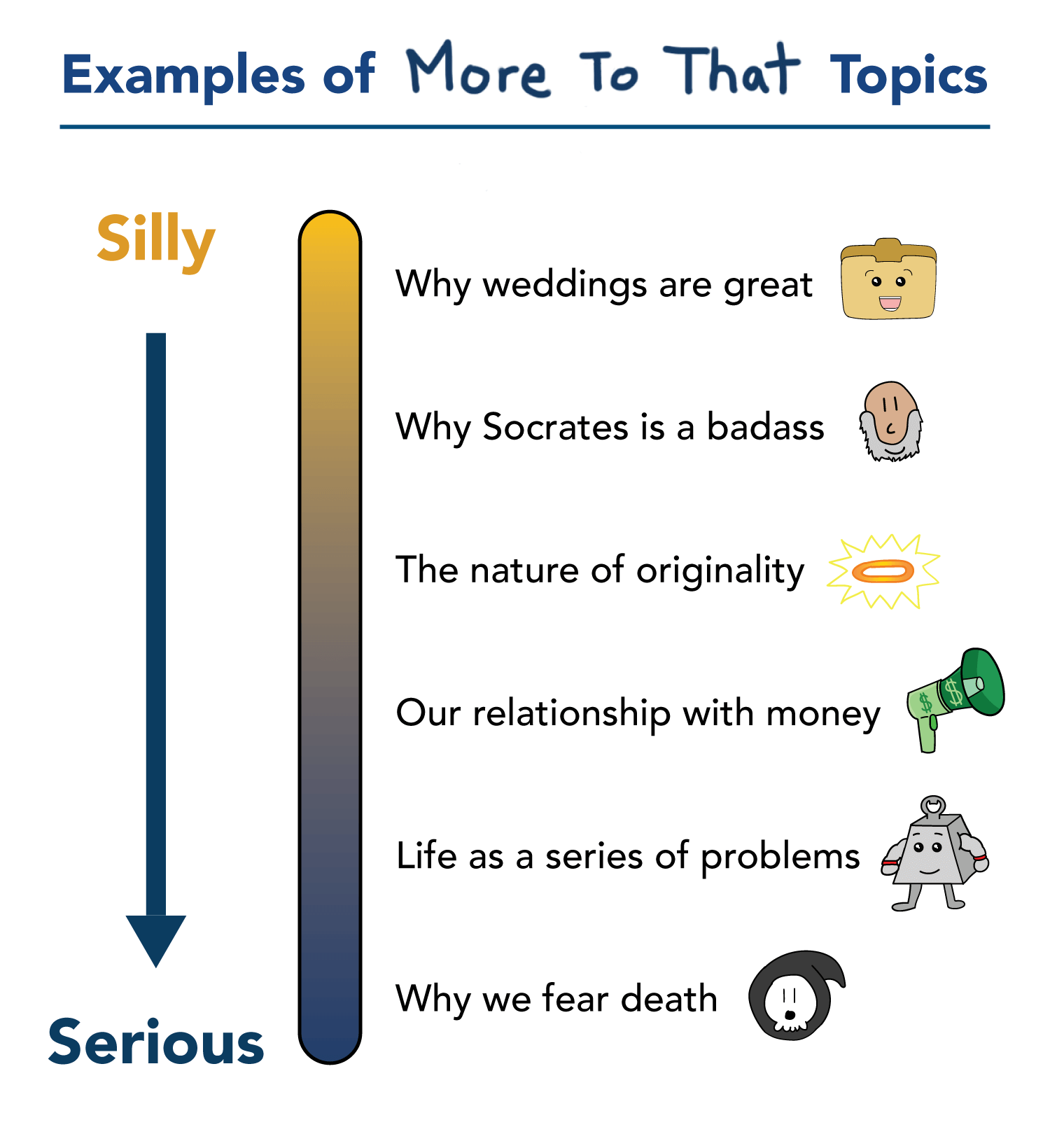 I’ve done posts on serious things like overcoming self-doubt and uncertainty, but that doesn’t mean that I have it all figured out. In fact, I wrestle with self-doubt quite frequently, especially when I think about the future of my work.
I’ve done posts on serious things like overcoming self-doubt and uncertainty, but that doesn’t mean that I have it all figured out. In fact, I wrestle with self-doubt quite frequently, especially when I think about the future of my work.
However, I have a post that acts as a Trophy of the Mind in this regard, reminding me that I wrote an entire game plan on effectively combating self-doubt before. Given that I created the damn thing, it’s an indicator to me that I’m capable of accessing a higher plane of clarity whenever I doubt myself again. The same goes for any fear around making money, or a battle I may have with a strong bout of anxiety.
More To That is my intellectual journal, a way of cataloging and reminding myself of the wisdom I’m capable of accessing. The more time I spend thinking and writing about the problems that matter, the more trophies I build, all of which illuminate a path back toward the Gold Mine of Wisdom. It is this virtuous cycle that allows me to go about my day with more intention, less haze, and grounded rationality.
When viewing my writing practice through this lens, it makes sense why my parents were so happy that I won that plastic trophy back in high school.
Sometimes you just need little reminders of why certain sacrifices are worthwhile, as they encourage you to weather the storms that lie ahead. Telling my parents that I love them is more than enough, but having a polygonal reminder of a minor accomplishment from 2001 is nice too.
Similarly, creating your own Trophies of the Mind is a reminder that your sacrifice in time is worthwhile. Writing is a demanding process, and sometimes it might feel pointless when you’re creating work that may not be read or shared.
But the real utility of the practice is revealed when you face the problems that you’re already addressed in your work. When you realize that you already know how to handle the difficult challenges that await you.
The power of writing is not about the praise you receive from others. It’s about the realization that a kinder and wiser version of yourself is accessible whenever you need that person the most.
_______________
_______________
Related Posts:
The Economics of Writing (And Why Now Is the Best Time to Do It)
